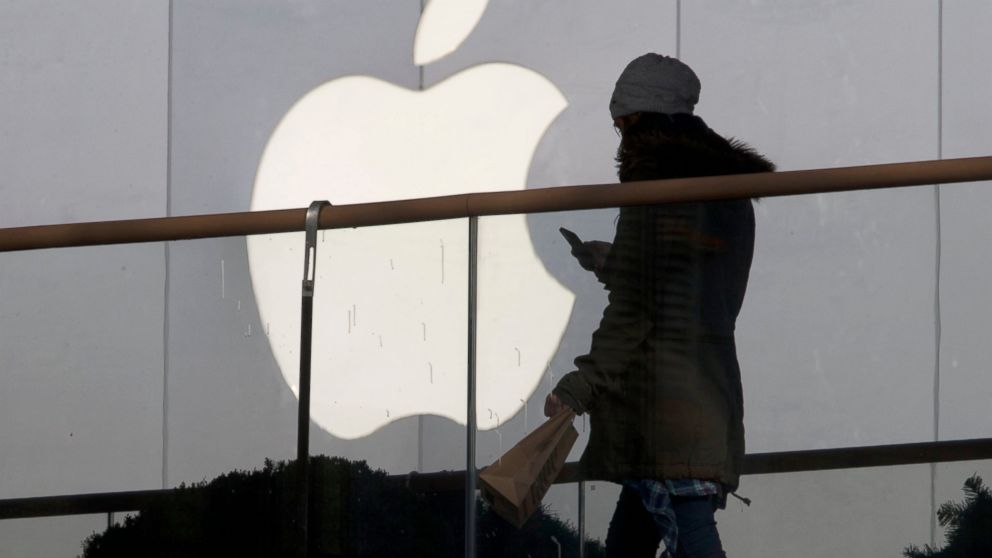Apple Encryption Battle: What's Next After Feds Drop Case
— -- The encryption battle between Apple and the FBI in the case of an iPhone belonging to one of the San Bernardino shooters is now over, but experts say it's just the beginning in a tug-of-war between privacy and national security.
"It is sort of a mixed bag for Apple. On one hand they don't get the outcome they dreaded, which is a federal court telling them their engineers have to write the code, but on the other hand it tells the world the FBI apparently has the ability to get into your phone," Mark Bartholomew, a law professor at the University of Buffalo who studies encryption and cyber law, told ABC News.
Federal officials announced Monday night they successfully cracked into an iPhone belonging to one of the San Bernardino shooters and no longer needed Apple's help in unlocking the device.
In doing so, they succeeded in their goal but did not set any sort of legal precedent that could be used in a future case, Bartholomew said, making it a sort of lukewarm win for both Apple and federal authorities.
"This seemed like the perfect case and that has evaporated but now the question is, will Congress step in?" Bartholomew said. "This is such an important story, so I could see Congress weighing in on this issue. We need a more fine-tuned answer than what we are getting from this case. Congress needs to be precise about what this technology should look like and when consumer interests would trump law enforcement."
Melanie Newman, spokeswoman for the U.S. Department of Justice, said in a statement Monday that "it remains a priority for the government to ensure that law enforcement can obtain crucial digital information to protect national security and public safety."
“As the government noted in its filing today [Monday], the FBI has now successfully retrieved the data stored on the San Bernardino terrorist’s iPhone and therefore no longer requires the assistance from Apple required by this Court Order. The FBI is currently reviewing the information on the phone, consistent with standard investigatory procedures," Newman said.
The move came one week after federal officials revealed a third party had come forward and "demonstrated" a "possible method" to cracking into a locked iPhone, prompting the U.S. government to postpone a court hearing that had been scheduled for March 22.
Who that third party is and details of the method are unknown.
Apple has been staunch in its position that creating a backdoor for government officials would undermine the security of millions of users. CEO Tim Cook kicked off the company's iPhone SE launch event last week discussing the encryption fight, adding the company never expected to be "at odds with our own government."
The company said in a statement Monday night that it believed the case "should never have been brought."
"From the beginning, we objected to the FBI's demand that Apple build a backdoor into the iPhone because we believed it was wrong and would set a dangerous precedent. As a result of the government’s dismissal, neither of these occurred," Apple said. "We will continue to help law enforcement with their investigations, as we have done all along, and we will continue to increase the security of our products as the threats and attacks on our data become more frequent and more sophisticated."
"This case raised issues which deserve a national conversation about our civil liberties, and our collective security and privacy. Apple remains committed to participating in that discussion," the company added.
Law enforcement officials did not detail the method used by the third party or discuss whether it was an individual computer scientist or company that came forward to offer assistance.




